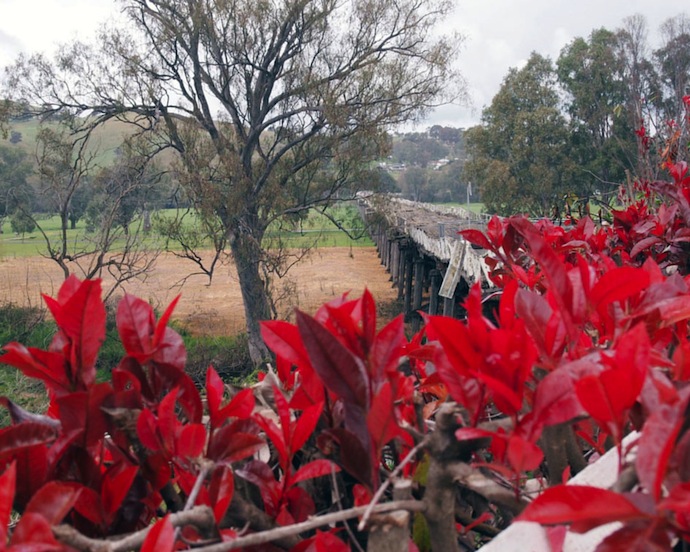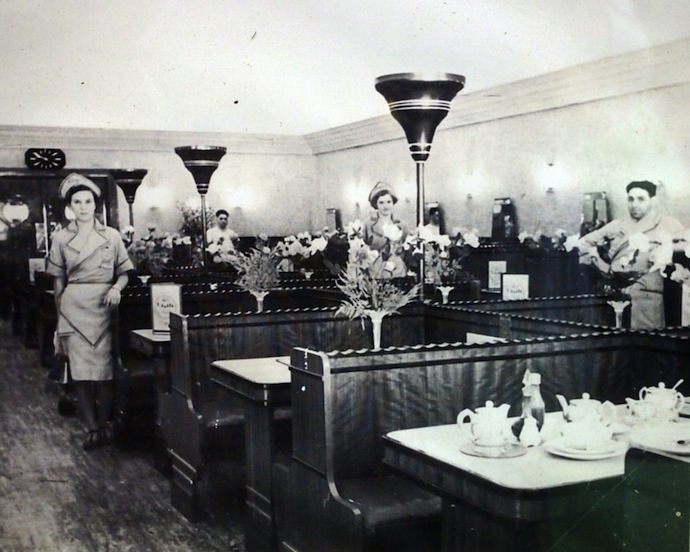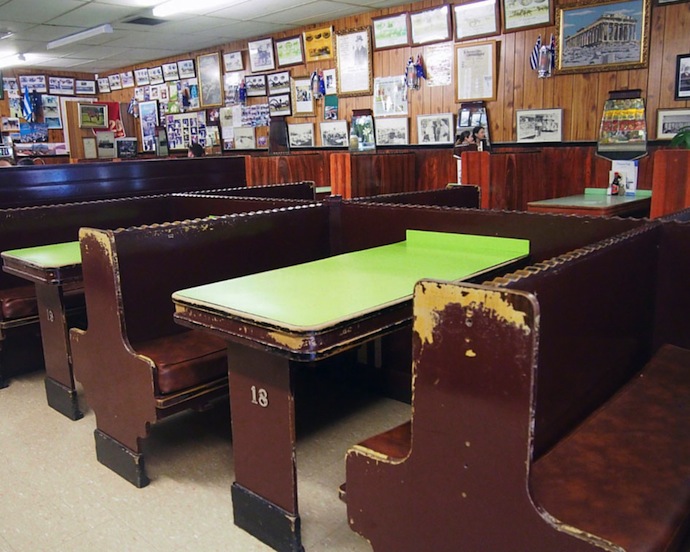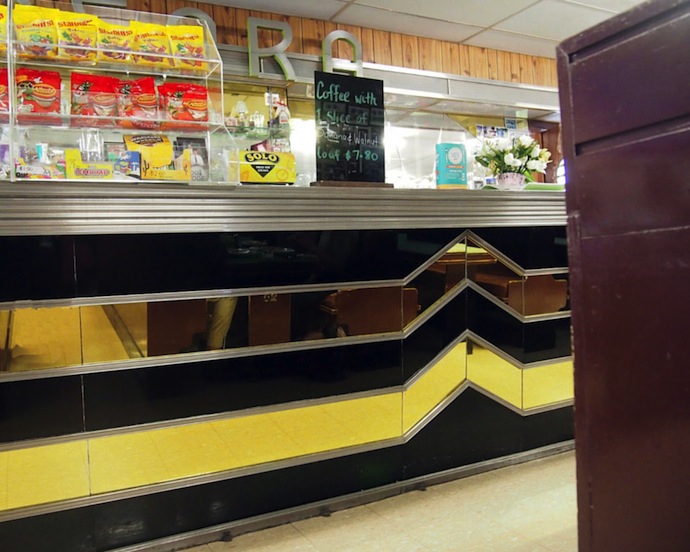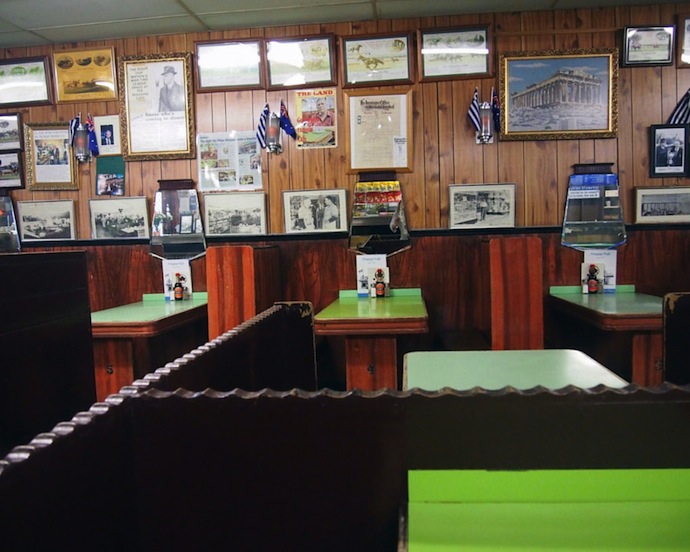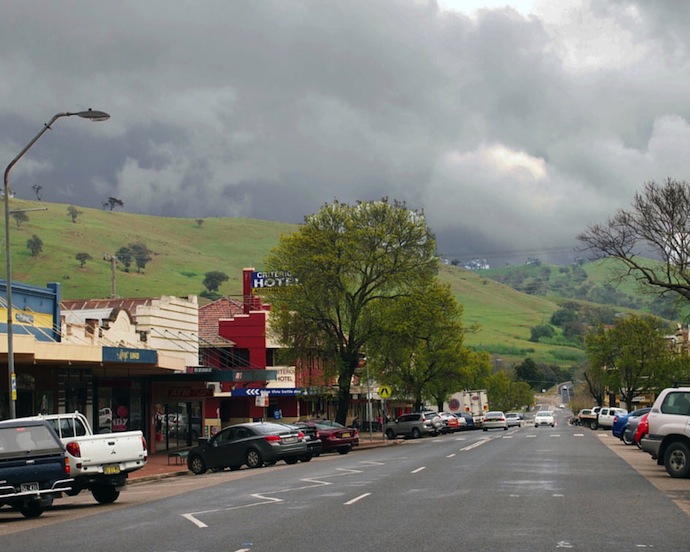Gundagai dispatch – the Niagara Café
(I tried to resist the cliché. I failed. Play this song in the background)
There is a little country town about half way between Sydney and Melbourne, called Gundagai. It has a population of about 1500. It was made famous by a folk song called The Road to Gundagai, which was written in 1922 by Jack O’Hagan (who lived, incidentally, just around the corner from me in Fitzroy). I think the song is about a soldier returning to his home town after the Great War. In my head, that's what I imagine when I hear it.
We pulled into Gundagai on our way home from Canberra last week, because Harry had just woken from his nap and we needed somewhere to sit and feed him his breakfast. Purely by chance, we chose the Niagara Café.
The Niagara is 112 years old and has been owned by Greek immigrants the entire time (not the SAME Greek immigrants, clearly). It opened in 1902 as an Oyster Saloon, and took the name Niagara in 1928 because apparently American names were considered en vogue at the time.
The décor had a snazzy new update in 1938 that made it THE super-cool and happening night-spot in all the bustling metropolis of Gundagai. And, apart from some beautiful lights lost to a fire in the '70s, it HAS NOT CHANGED SINCE THAT TIME.
I’m talking scalloped booths, gloriously narrow and uncomfortable bench seats, and lime-green table-tops. Art deco mirrors, doors and windows. And a century’s worth of newspaper clippings framed on the walls, celebrating celebrity (mostly political) visitors and other events in the café’s history.
Events overlap events and nothing is removed. A banner proudly boasting the 50th anniversary (in 1992) of a Prime Minister’s visit still graces the back wall.
The Niagara Café is SO COOL. It is the best kind of kitsch. The most authentic kind of nostalgia.
But everything looks worn and tired. It is clean, it is friendly, but it is tired. The mirrored counter is cracked and tired. The scalloped, lime-green booths are chipped and tired. The owners look tired. I’m sorry to say it, but even our food looked a little tired. [Update 7 Oct 2014: I just want to clarify that the food was neither old nor bad, and I recommend you eat here. This comment was meant to reflect a sense of weariness in presentation that I totally understand, having experienced first-hand how exhausting cafe work is.] I can hardly blame the Niagara, I reckon I’d be tired after 112 years, too.
Despite this, we fell hard for the Niagara. Mr B and I spent the next 200 kilometres (in between numerous rousing renditions of The Road to Gundagai on Madeleine’s request) discussing how we’d like to move to Gundagai and take over the Niagara Café and restore it to its former glory. Celebrating history and attracting the tourist dollar, you know?

